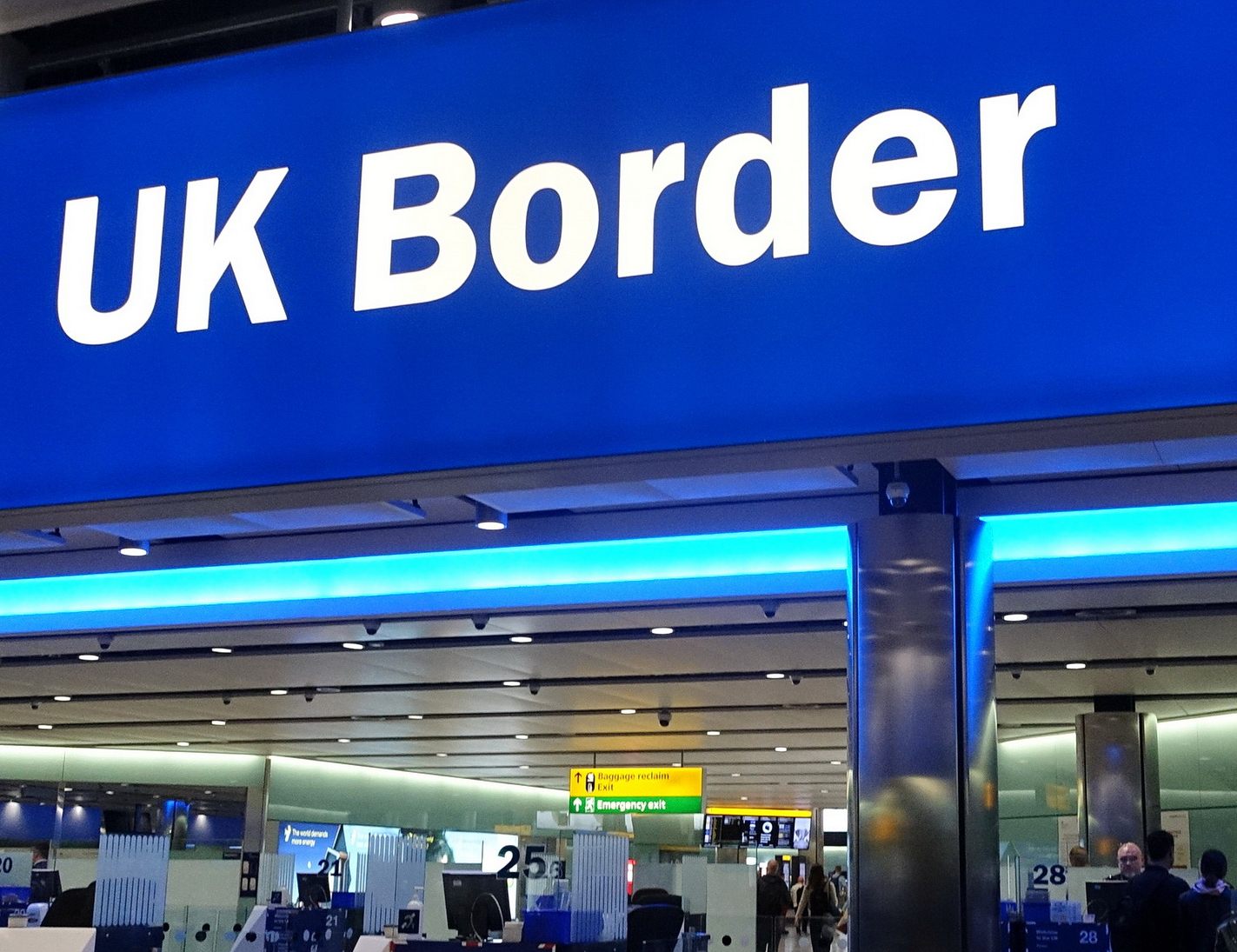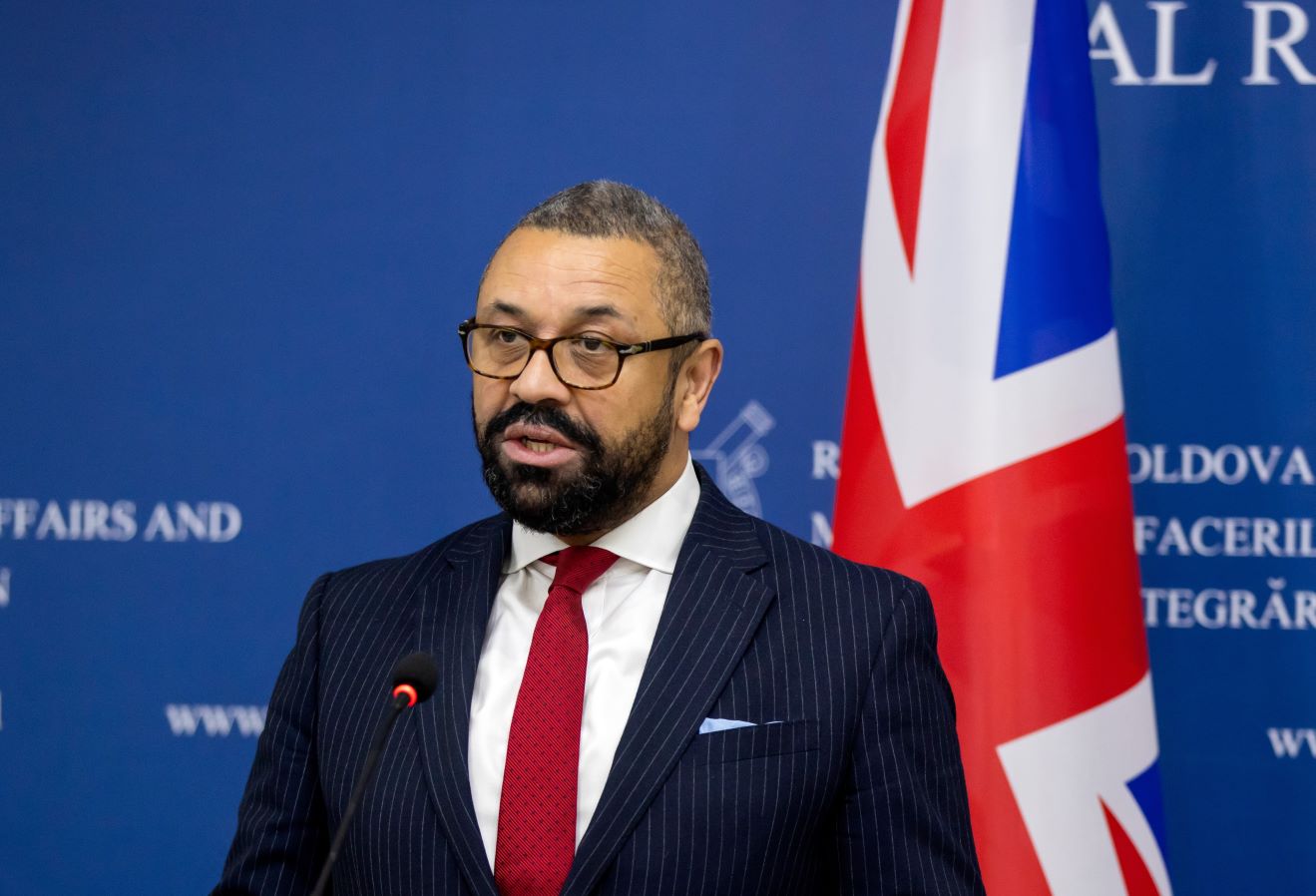In the shadow of the Rwanda Act, overturning a decision by the Supreme Court and putting in question the Refugee Convention of Human Rights, Shami Chakrabarti argues that the Government’s attack on refugees is an attack on all human rights protections, protections that we need more than ever in an increasingly dangerous world.
“Just when I thought I was out…” rages Al Pacino’s Michael Corleone in the final part of the Godfather trilogy, “…they pull me back in.” I can sympathise. As a human rights lawyer and campaigner of thirty years, I neither imagined insurrection in the US capitol nor that a great democracy like the UK might threaten to join rogue nations like Putin’s Russia in walking away from the whole idea of fundamental rights and freedoms- distilled by the generation that lived through the holocaust and the blitz.
HUMAN RIGHTS: The Case for the Defence is my response to the current debate about whether humanity in general and the UK in particular, should tear up the post-war settlement as enshrined in the Universal Declaration of Human Rights, specific instruments like the Refugee Convention and regional ones like the European Convention on Human Rights (ECHR), which is incorporated into UK law by the Human Rights Act. It was also the topic of my 2024 Wollstonecraft Lecture at LSE.
Now that the dominant faction within the British Conservative Party has taken “back control” and “got Brexit done”, it can no longer blame the European Union for every social and economic problem that it has failed to address during fourteen years in government. So, it turns its rhetoric towards environmental campaigners, human rights lawyers and desperate refugees in small boats instead. Mr Sunak’s flagship slogan for the imminent General Election is “Stop the Boats”, but with the cruel stunt of attempted forced transportation of asylum-seekers to Rwanda now on the statute book, his real target is courts not boats.
Universal rights flow from the idea of human dignity but also from the conditions that allow democracy to survive. Equal treatment of people is key to both of these.
Whole rafts of both the Refugee Convention and Human Rights Act are now disapplied by the Rwanda Act. This overturned a finding of fact by the Supreme Court last autumn, that Rwanda’s asylum protections were inadequate and unsafe. UK Courts are having their usual jurisdiction drastically stripped back by post-truth legislation which makes litigation in the European Court of Human Rights in Strasbourg almost inevitable. The moment such a claim is threatened or launched by refugee lawyers in the UK, the Prime Minister will blame what he has already branded a “foreign” rather than an international court, for his failed policy. Then, as distraction from unconscionable inequality and failing public services, he will try and turn the General Election into a referendum on pulling out of the Council of Europe (of which the Strasbourg Court is part), and which was founded by the Treaty of London seventy-five years ago. Success for him would mean stripping rights against degrading treatment and unlawful detention, for fair trials, personal privacy and freedom of expression- not just from the boat people- but from every man, woman and child in the United Kingdom.
Sunak’s task has been made easier by human rights sceptics from across the political spectrum who brand universal freedoms as either outmoded or a late twentieth-century confection, or both. Some on the radical left treat them as a shield for unfettered markets and on the right, as a Trojan horse for undercover socialism. What they have in common is a fundamental nationalism that refuses to recognise inalienable rights that a political community neither gives nor may take away. Universal rights flow from the idea of human dignity but also from the conditions that allow democracy to survive. Equal treatment of people is key to both of these.
I argue that these rights are even more essential now, on our shrinking interconnected planet, in the time of the internet, artificial intelligence, pandemics, drastic inequality, violent conflict and climate emergency.
As yet unrivalled post-war statecraft may have been responsible for drafting our international rights treaties, but in reality, their contents were borne of centuries of struggle across the various continents of the world. They reflect values as well as the law and are as capable of inspiring as restraining our political instincts. It is unsurprising that they became expressly universal after two terrible world wars and in an age of atom bombs, aeroplanes and cinema. I argue that these rights are even more essential now, on our shrinking interconnected planet, in the time of the internet, artificial intelligence, pandemics, drastic inequality, violent conflict and climate emergency.
Human rights do not provide magic solutions to all of these global challenges. They do, however, provide a vital framework for attempting to negotiate them without constant recourse to oppression and war. They need to be built upon, not raised to the ground. This is impossible without wider ownership. To lack a general memory or understanding of what our most basic rights are is to walk even more vulnerably in the world.
All articles posted on this blog give the views of the author(s), and not the position of LSE British Politics and Policy, nor of the London School of Economics and Political Science.
Image credit: Sean Aidan Calderbank on Shutterstock







